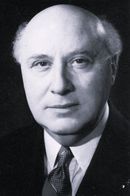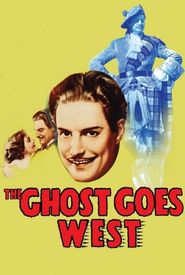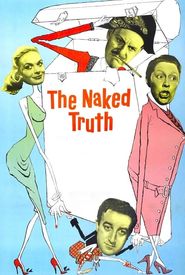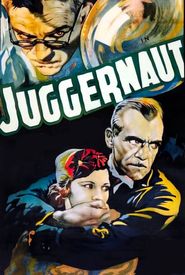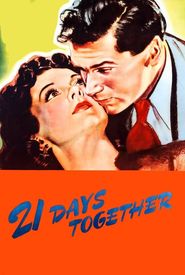Next person biography:
Vittorio Rietti was born in 1888 in Ferrara, Italy, to a wealthy family. He was the 11th of 12 children born to Samuele and Lucia Rietti. At the age of 8, his family moved to Bologna. At 13, he was discovered by the great Italian tragedian actor Tommaso Salvini while participating in a charity performance. Salvini encouraged the boy to make the stage his career, and Rietti studied acting under his guidance.
Rietti made his debut playing Shakespeare in Bologna. At 19, he had the distinction of being the juvenile lead in Eleonora Duse's company. However, his parents, who had planned for him to become a violinist, persuaded him to resume his studies. He studied violin at the Royal Conservatory of Brussels, where he also formed his own band, the Rietti String Players, with considerable success.
During World War I, Rietti was drafted into the Italian Army. After the war, he resumed his stage career and founded Drama Players Theater, which he ran for 40 years, producing popular Italian plays and personally translating and adapting them into English. He also taught acting and had many notable pupils, including Ida Lupino and June Duprez.
Rietti's sons, Bobby and Ronald, also followed in his footsteps. Bobby became a popular child actor and later a successful director and producer, while Ronald became a film director and producer. Rietti made his first motion picture in 1933 and went on to make 36 films, including a cameo appearance in Come Fly with Me in 1963. He also broadcast in 43 radio plays.
Rietti's television success began with his production of To Live in Peace, which won critical acclaim and earned him a critic's Oscar for best television actor in 1951. He repeated his performance in six productions, including live broadcasts on BBC, RAI, and NBC, as well as radio broadcasts.
Rietti's television career continued with memorable performances in The Wanderer and Against The Stream, both Italian plays he translated and adapted for television. He also guest-starred in American television shows, including The Jack Benny Program and Harry's Girls.
In 1959, Rietti was knighted Cavaliere by the Italian Government for his contributions to the Italian entertainment industry. Despite being given only six months to live at the age of 35 due to a heart condition, Rietti lived for another 40 years, passing away on December 3rd, 1963, after suffering a fatal heart attack. His life story was later dramatized in the BBC radio play Papa Rietti.
